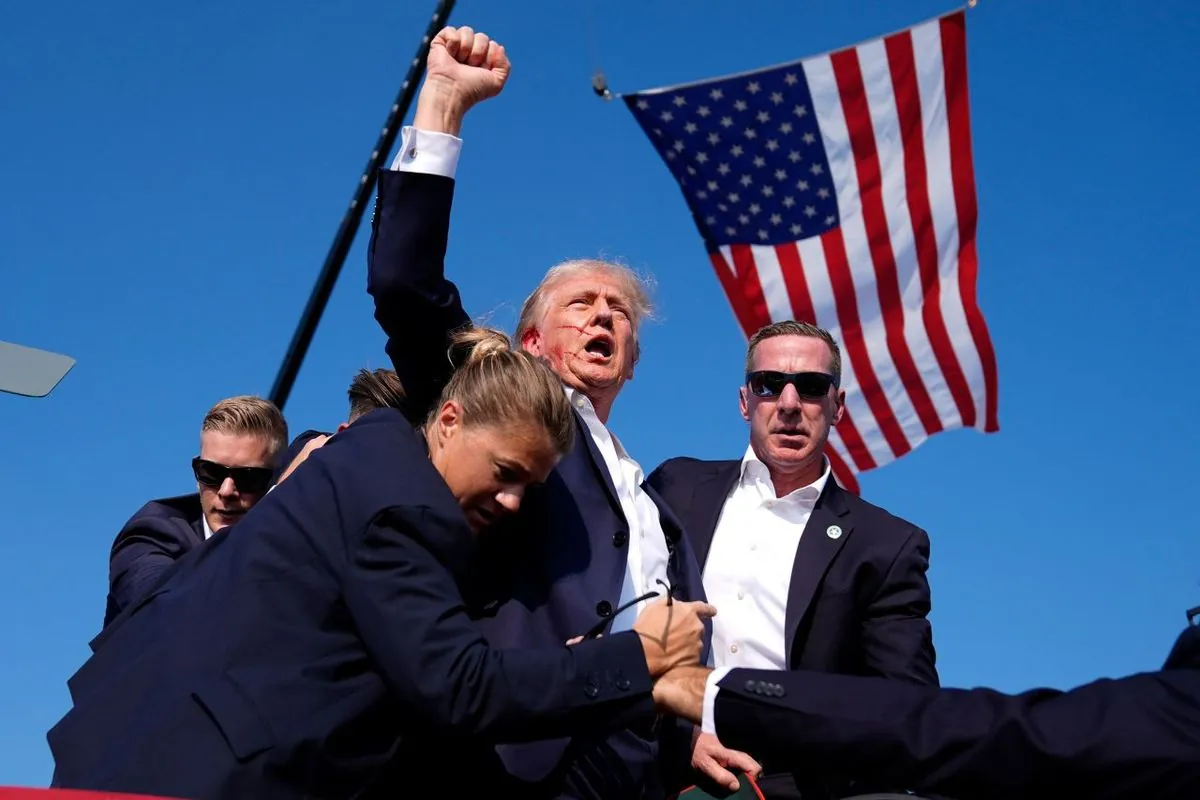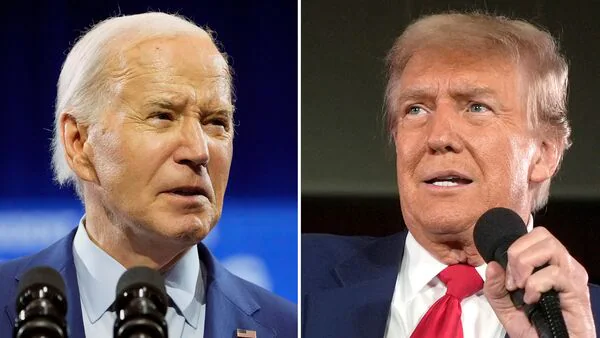Donald Trump’s Shooting Incident
During a campaign rally in Pennsylvania, former President Donald Trump faced an assassination attempt by 20-year-old Thomas Matthew Crooks. Crooks meticulously prepared for the attack, stocking up on ammunition, practicing at a shooting range, and buying a ladder to access a vantage point. Despite his extensive preparations, Crooks was killed by Secret Service agents after wounding Trump with a shot that nicked his ear. The details about Crooks reveal him as an intelligent but introverted young man, with no clear political or ideological motives discovered yet. This incident highlights the intense polarization and potential for violence in American politics, as well as the significant security challenges faced by public figures in the country.
The perspective of a 19-Year-Old in Wellington
Political Violence and Polarization: The assassination attempt on Trump underscores the severe political polarization and potential for violence in the US. For a young person in Wellington, this reinforces the view of the US as a deeply divided and unstable society.
Gun Control Issues: The ease with which Crooks acquired ammunition highlights ongoing gun control issues in the US. This contrasts sharply with New Zealand’s stricter gun laws, implemented after the Christchurch mosque shootings in 2019, leading to a perception of the US as struggling with gun violence.
Security and Safety: The successful intervention by Secret Service agents showcases the effectiveness of US security measures but also emphasizes the constant threat public figures face. This could evoke mixed feelings of admiration for security efficiency and concern over the prevalence of such threats.
Leadership and Resilience: Trump’s quick return to campaigning after the attack could be seen as a testament to his resilience and determination. For some, this may enhance his image as a strong leader who perseveres despite significant threats.
Trump vs. Biden from a New Zealand Perspective, Including Wellington
Trump Administration
Trade Policies:
- Protectionism: Trump’s administration withdrew from the Trans-Pacific Partnership (TPP) and imposed tariffs on various imports, including steel, aluminum, and Chinese goods. This protectionist stance was intended to protect domestic industries but often resulted in retaliatory tariffs from other countries.
- Impact on New Zealand Farmers: For farmers in Wellington and Wairarapa, these tariffs were particularly harmful. Increased costs made their meat and dairy products less competitive in the US market, leading to reduced exports and economic strain on these regions.
- Economic Disruption: Frequent changes in trade policies created significant economic uncertainty, affecting New Zealand exporters who faced higher costs and reduced demand in the US.
International Relations:
- Strained Diplomatic Ties: Trump’s unilateral trade actions and “America First” policies strained relations with key allies, including New Zealand. This approach often sidelined the interests of international partners, creating diplomatic friction and reducing opportunities for cooperative initiatives.
- Climate Policy Divergence: The Trump administration’s rollback of environmental regulations and withdrawal from the Paris Agreement contrasted sharply with New Zealand’s strong commitment to climate action, leading to further tension in bilateral relations.
Biden Administration
Trade Policies:
- Multilateralism and Stability: Biden has maintained some of Trump’s tariffs but shifted towards rebuilding international alliances and promoting multilateral trade agreements. This approach is seen as more stable and predictable, benefiting New Zealand exporters by providing a more reliable and cooperative trading environment.
- Sustainable Trade: Biden’s administration emphasizes integrating climate policy into trade discussions, aligning more closely with New Zealand’s values. This includes promoting green technologies and sustainable practices, creating new opportunities for collaboration and mutual benefit.
International Relations:
- Strengthening Alliances: Biden’s approach focuses on repairing and strengthening alliances strained during the Trump administration. This includes recommitting to international agreements like the Paris Accord and engaging in more cooperative global efforts, fostering a more positive and collaborative relationship with New Zealand.
- Shared Climate Goals: The Biden administration’s emphasis on climate change and sustainable development opens up new avenues for cooperation with New Zealand. Both countries can benefit from shared initiatives in environmental protection, green technology, and sustainable practices, supporting mutual goals and enhancing bilateral ties.
Perspective of Wellington and Wairarapa
Economic Impact on Farmers:
- Trump Administration: The imposition of tariffs on meat and dairy products had a tangible negative impact on farmers in Wellington and Wairarapa. These regions, known for their agricultural productivity, faced reduced competitiveness and market access in the US, leading to economic challenges and decreased profitability.
- Biden Administration: The shift towards more stable and predictable trade policies under Biden offers a more favorable environment for Wellington and Wairarapa farmers. The focus on sustainable trade practices and climate-friendly policies aligns well with New Zealand’s agricultural sector, potentially opening up new market opportunities and enhancing economic stability.
Overall Relations and Perceptions:
- Trump Administration: For many in Wellington, the Trump era was marked by economic uncertainty and strained diplomatic relations. The protectionist policies and frequent changes in trade stance created challenges for exporters and diminished the scope for international cooperation on critical issues like climate change.
- Biden Administration: The Biden administration’s emphasis on rebuilding alliances and promoting multilateral cooperation is likely viewed more favorably. This approach supports New Zealand’s interests in stable, predictable trade relations and collaborative efforts on global challenges, fostering a more positive outlook on US-New Zealand relations.
Conclusion
From a New Zealand perspective, including that of Wellington and Wairarapa, the Biden administration’s policies are seen as more aligned with New Zealand’s economic and environmental goals, offering a more stable and cooperative framework for bilateral relations. The Trump administration’s protectionist and unilateral approach, on the other hand, posed significant challenges and created uncertainty for New Zealand’s exporters and international relations. The recent shooting incident involving Trump further underscores the intense polarization and security challenges in the US, shaping a nuanced view of American society from afar.
CONTRIBUTE
Have stories, yarns, mad scoops, or community news to share. We often pay for awesome content and life shattering stories. What have you witnessed?


